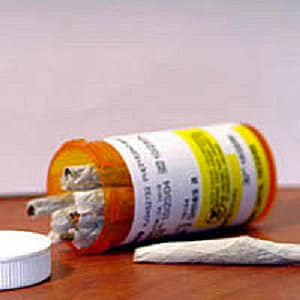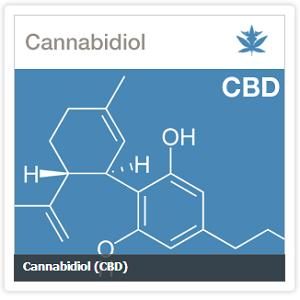 By Paul Armentano, NORML Deputy Director
By Paul Armentano, NORML Deputy Director
NSAIDs (non-steroidal anti-inflammatory drugs such as ibuprofren) are among the most widely used analgesic substances in the world. However, the consumption of these products is associated with various adverse and life-threatening side-effects such as heart-attack, stroke, and internal bleeding. In fact, according to a 2001 analysis, in the United States alone, “gastrointestinal complications induced by nonsteroidal anti-inflammatory drugs (NSAIDs) cause more than 100,000 hospitalizations and an estimated 16,500 deaths annually.”
Could these adverse gastrointestinal effects be offset by cannabis? A just published study in the European Journal of Pharmacology indicates that the most likely answer is ‘yes.’
Researchers at West Virginia University assessed the impact of THC administration in an animal model of NSAID-induced gastric inflammation. Investigators reported that low doses of THC provided gastroprotective effects, significantly attenuating gastric hemorrhages and lesions.
They concluded: “The results of the present study suggest that delta-9-THC … may also possess gastroprotective effects in NSAID using patients. … As current antacid regimens may be associated with undesirable effects, such as reduced bone density, increased risk of bacterial infection, and vitamin deficiencies, other approaches to prevent NSAID-induced gastric ulcers are needed. In addition to their gastroprotective effects, cannabinoids produce other beneficial effects, including pain reduction. … Thus, cannabinoids may have the added benefit of reducing the effective analgesic dose of NSAIDs, as well as reducing the incidence of NSAID-induced gastric ulcers.”
Full text of the study, “Acute delta-9-tetrahydrocannabinol blocks gastric hemorrhages induced by the nonsteroidal anti-inflammatory drug diclofenac sodium in mice,” appears online in the European Journal of Pharmacology.
Source: NORML – make a donation




